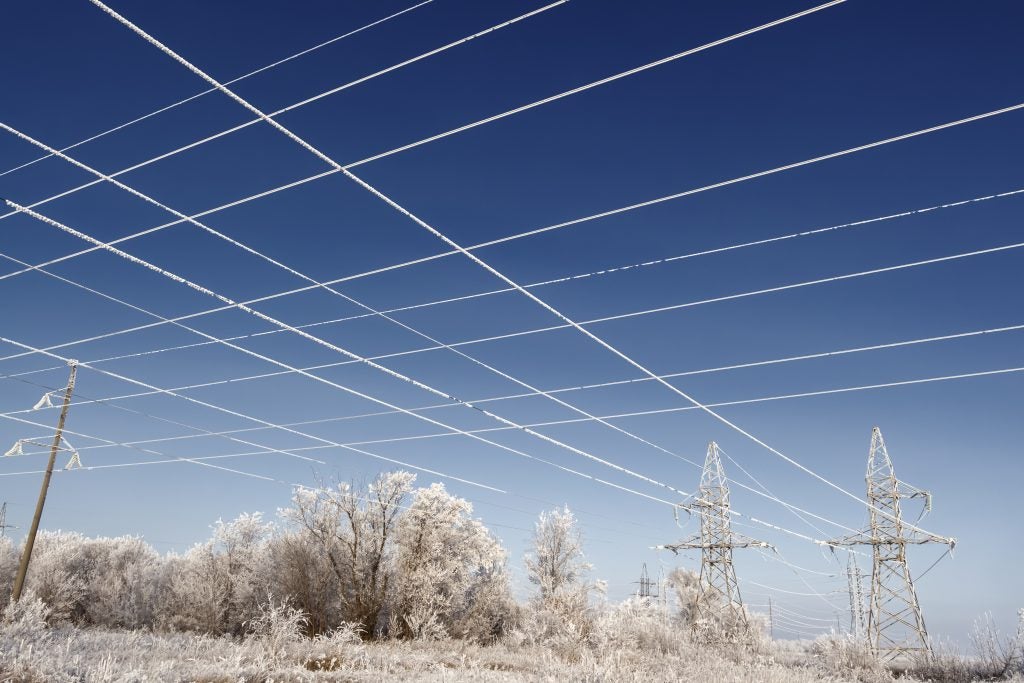This post is co-authored with Michael Panfil, Director of Climate Risk Strategies Project Manager at EDF.
Climate change presents immense risks for our society. These include, as is becoming increasingly apparent, the financial system. Now, the U.S. Department of Labor is taking a step to help safeguard one critical part of our economy and a cornerstone of many Americans’ financial futures – workers’ retirement savings.
The Labor Department has proposed a rule that would make clear that retirement plan managers can consider climate change when making 401(k) investment decisions. Risk management is bedrock to our financial system, and this proposal empowers 401(k) plan sponsors to incorporate the substantial and growing risks posed by climate change alongside other financial risks.
A substantial body of research highlights the financial risks stemming from climate change. The London School of Economics found that climate change could cause trillions of dollars in financial damage, far more severe than the 2008 financial crisis. The U.S. Fourth National Climate Assessment found climate change could stifle economic growth by 10% by 2100. The U.S. Commodity Futures and Trading Commission released a report last year that found Earth’s rising temperatures, and resulting extreme weather, pose “a major risk to the stability of the U.S. financial system and to its ability to sustain the American economy.” These findings were reaffirmed last week, with an Executive Order initiated risk and finance report by the White House making clear that “climate change poses serious and systemic risks to the U.S. economy and financial system.”










